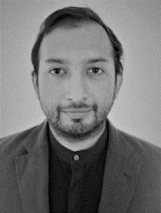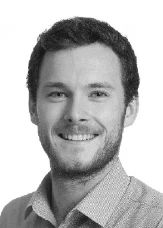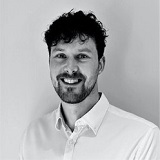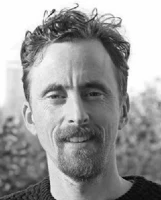Volume 2
Achieving climate neutrality by 2050
Volume 2 aims to address achieving climate neutrality by 2050 by investigating and assessing three key areas: mitigation pathways, and what form reducing emissions over time may take; assessing the factors that may constitute and result in a climate neutral society, including energy use, land use and the emissions landscape; and finally, assessing the enablers that may make change possible by building on societal dimensions and investigating policy implications.
Authors

Dr Abhay Menon is a Research Fellow with the MaREI Centre, University College Cork. His research experiences are in the fields of food and agriculture waste valorisation, circular bioeconomy and environmental sustainability.
By collating the latest available scientific evidence on agriculture, forestry and land use change specific to Ireland, the report will provide Ireland with the necessary evidence to deliver on the new ambition to transition to a climate-resilient and climate-neutral economy by the year 2050.
Abhay has a BTech and MSc degree in Biotechnology, and a PhD in Food processing from the University of Nottingham. He has over 5 years of project management and postdoctoral research experience from various roles in Malaysia, the UK and Ireland.

Dr Connor McGookin is a postdoctoral researcher in the MaREI Centre’s Energy Policy & Modelling Group based out of the Environmental Research Institute, University College. BE and PhD in Energy Engineering, University College Cork, Ireland. Connor completed his doctoral thesis “Developing participatory methods in energy system modelling and planning”, while a member of the Dingle Peninsula 2030, Imagining2050 and CREDENCE projects.
Following his PhD, Connor briefly supported the development of a Case Study Paper with the Office of the Planning Regulator “Climate Action and the Local Authority Development Plan”. Currently working on the energy system elements of Ireland’s Five-Year Assessment Report, Volume 2: Achieving Climate Neutrality by 2050.

Dr. Shane McDonagh has extensive research experience in the areas of biofuels, hydrogen, electricity markets, transport, and national and international renewable energy policy, among others. He also has significant stakeholder engagement, report writing, proposal preparation, and industry collaboration experience. Together these allow for a deep understanding of the wider energy system and an ability to recognise the implications of research and development on the future energy scenarios

Professor Brian Ó Gallachóir is Associate Vice President of Sustainability at UCC and Director of UCC’s Environmental Research Institute. Brian is also Director of MaREI, the €60 million SFI Research Centre for Energy Climate and Marine. Over the past 15 years, Brian established energy systems modelling capacity in Ireland and his research has underpinned Irish and EU energy and climate mitigation policies and energy company strategies. Brian was awarded the inaugural SFI Engaged Research Award in 2022 for his achievements in advancing co-production of research with communities and with policy makers. Brian is elected Chair of the International Energy Agency Technology Collaboration Programme on energy systems modelling (IEA-ETSAP) and a member of Ireland's Climate Change Advisory Group Carbon Budgets Working Group. He has published over 140 journal papers attaining 11,000 citations and a h-index of 54.

Dr Paul Deane is a senior lecturer in clean energy futures in UCC. He is also a fellow at the Payne Institute in Colorado and in 2018 he was the Royal Irish academy Speaker in computer science. Paul has authored and co-authored over 170 technical papers on the future of energy in diverse areas such as electricity, agriculture, aviation and energy access. Paul is a member of a number of multidisciplinary think-tanks and scientific advisor to European energy projects. He is an active contributor to European policy thinking on clean energy.